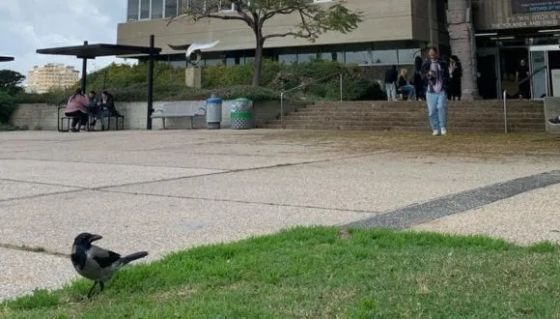
Bye Bye Birdie: How Will Crows Survive Without Us?
Written on | Life Sciences
When the Humans Are Away, Do the Crows Still Play?
A new study from Tel Aviv University examined what happens to birds that are accustomed to living around humans, when their habitat is suddenly emptied of the presence of humans. The study found that when humans are suddenly absent from the urban environment, the activity of the crows and ringneck parakeets that “live” in the area reduces significantly. Conversely, the graceful prinias, who are generally considered shy, increased their activity.Bird’s Eye View
Among other birds, the researchers tested crows, ringneck parakeets (also known as rose-ringed parakeets) and graceful prinias – and the findings are surprising: while the crows and ringneck parakeets, who are characterized by their tendency to “follow” humans, are already accustomed to the noises they make and feed on their food scraps, decreased their activity, the graceful prinias, which are considered shy, actually increased their activity in the same area.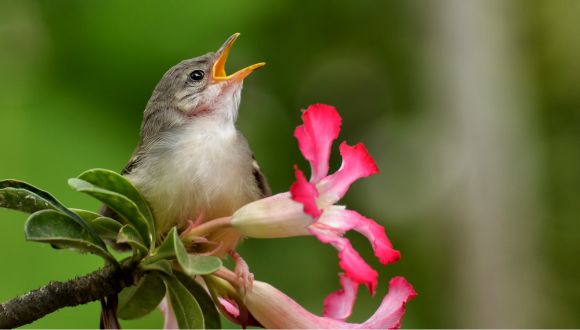 A prinia bird leaninn on a branch.
The research was conducted under the leadership of research student Congnan Sun, Dr. Arjan Boonman and Prof. Yossi Yovel, head of The Sagol School of Neuroscience and a member of The School of Zoology at TAU, in collaboration with Prof. Assaf Shwartz from the Landscape Architecture Department at the Technion. The study’s results were published in ELIFE magazine.
A prinia bird leaninn on a branch.
The research was conducted under the leadership of research student Congnan Sun, Dr. Arjan Boonman and Prof. Yossi Yovel, head of The Sagol School of Neuroscience and a member of The School of Zoology at TAU, in collaboration with Prof. Assaf Shwartz from the Landscape Architecture Department at the Technion. The study’s results were published in ELIFE magazine.
Birdemic: A Lockdown Story
As part of the current study, the researchers took advantage of the first COVID-19 lockdown to test the interrelationship between man and nature, and placed 17 recording wide-band sensitive microphones in the Yarkon Park and the streets adjacent to it in northern Tel Aviv. With the help of artificial intelligence, an analysis of the recordings from the first days of the lockdown until 10 days after its end (March 25 to May 28) showed that the activity of the crows and ringneck parakeets was significantly lower (the calls from the crows in the park decreased by about 50% during the lockdowns and the chirping of ringneck parakeets in the park dropped by about 90%). In contrast, the graceful prinias actually benefited from the absence of people and increased their presence by about 12%. Prof. Yossi Yovel explains: “When the first COVID-19 lockdown began, we, like many researchers, in many fields, identified a rare opportunity to conduct field experiments that would examine how animals behave in the absence of humans. In general, many studies indicated the return of species to habitats that humans had ‘abandoned’ because of the coronavirus, but most of these studies were carried out through human observation, which obviously requires humans, who are, as mentioned, the factor whose effect we want to examine. We decided to use microphones to allow us to monitor the activity of birds while humans aren’t present, and to disperse them densely throughout parks and residential neighborhoods. We chose the Yarkon Park area, heading south until Arlozorov Street, and we placed 17 microphones at a distance of about 500 meters away from each other. We chose the ‘old north’ neighborhood of Tel Aviv because it is an urban area adjacent to a park, to enable a comparison between the activity of the birds in a park and the activity of the birds in a city”. Cry of the Crow The researchers examined the changes in the presence of three particularly common and particularly loud bird species, which differ from each other in the extent to which they exploit humans: hooded crow, ringneck parakeet and graceful prinia. The hooded crow is classified as a “human-following species,” that is, it stays near humans and feeds on their food scraps. The ringneck parakeet is an invasive species, it also follows humans. The graceful prinia is classified as “adaptive” – it adapts itself to humans, and knows how to get along in an urban environment, but does not feed on humans’ food scraps and prefers to avoid their company.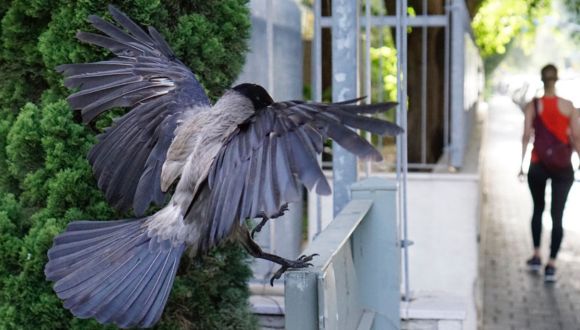 In total, the researchers recorded 3,234 hours containing around 250,000 bird calls, using artificial intelligence to identify the calls and the birds that made them. During the lockdown, human activity in the residential areas increased by 49% and human activity in the Yarkon Park – while leaving homes to go to parks was still prohibited – decreased by 31%.
“First, we found that the overall activity of the birds, regardless of COVID-19, is 53% higher in the parks than in the streets adjacent to them”, explains Prof. Yuval. “The parks are a center of activity for birds, and that is always true. On the other hand, a complex picture emerges from the lockdown period. The crows and ringneck parakeets, which usually subsist on leftover food from people in the park, searched for other avenues. The calls from the crows in the park decreased by about 50%, and the chirping of the ringneck parakeets in the park dropped by around 90%. Conversely, the shy graceful prinia, an outstanding adaptor, increased its activity by about 12%. These findings highlight the fact that there are animals that depend on us in the city, as well as the flexibility of these animals and the complexity and diversity of the urban ecosystem”.
In total, the researchers recorded 3,234 hours containing around 250,000 bird calls, using artificial intelligence to identify the calls and the birds that made them. During the lockdown, human activity in the residential areas increased by 49% and human activity in the Yarkon Park – while leaving homes to go to parks was still prohibited – decreased by 31%.
“First, we found that the overall activity of the birds, regardless of COVID-19, is 53% higher in the parks than in the streets adjacent to them”, explains Prof. Yuval. “The parks are a center of activity for birds, and that is always true. On the other hand, a complex picture emerges from the lockdown period. The crows and ringneck parakeets, which usually subsist on leftover food from people in the park, searched for other avenues. The calls from the crows in the park decreased by about 50%, and the chirping of the ringneck parakeets in the park dropped by around 90%. Conversely, the shy graceful prinia, an outstanding adaptor, increased its activity by about 12%. These findings highlight the fact that there are animals that depend on us in the city, as well as the flexibility of these animals and the complexity and diversity of the urban ecosystem”.Related posts
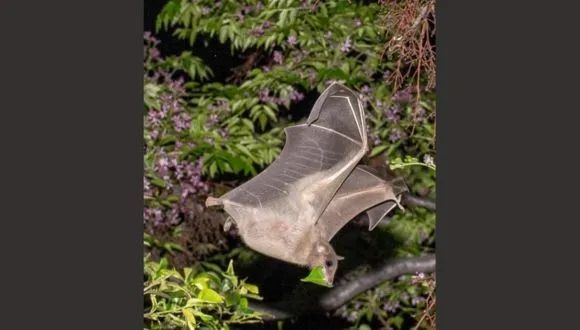

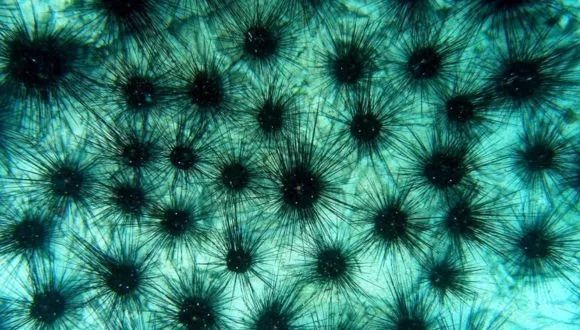
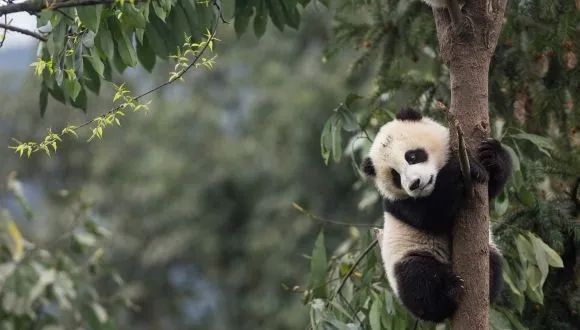
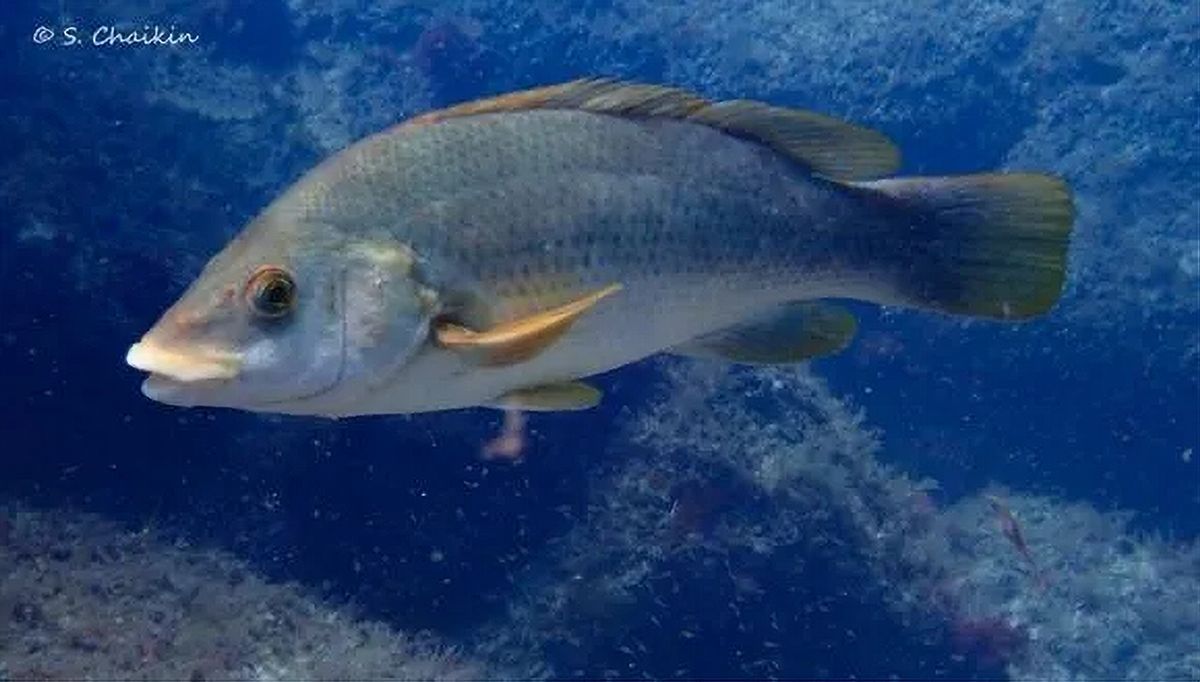
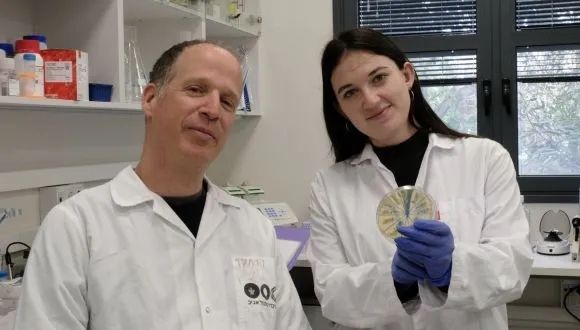
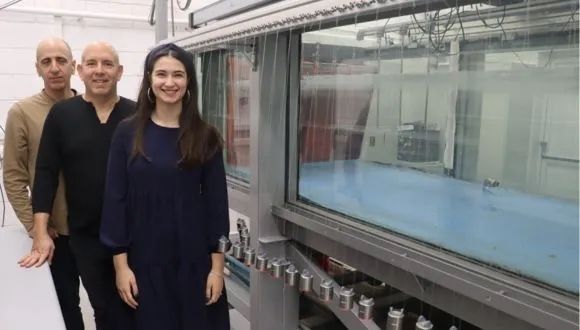


A Scientific Breakthrough That Will Help Increase Plant Yields in Dry Conditions
31 January 2024

Head of Science at the Chan Zuckerberg Initiative Meets TAU’s Scientific Community
2 August 2023
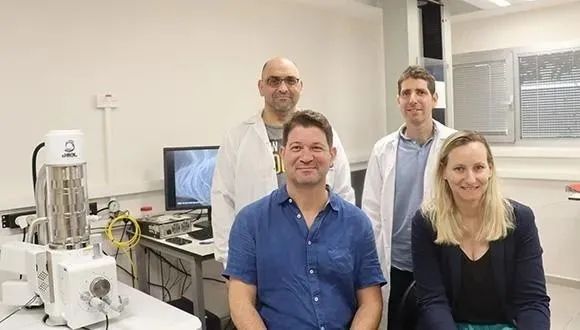




Operation Guardian of the Walls: Women, Young People and Residents of the South Paid the Heaviest Price
12 July 2023
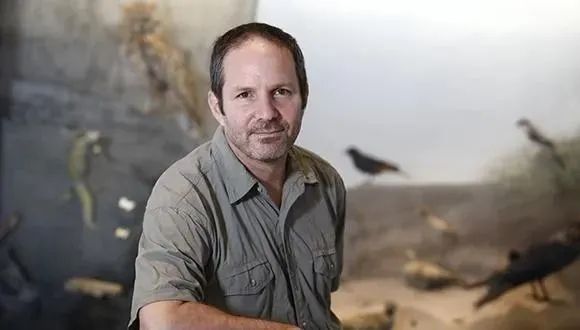
Due to Climate Change, More Animals will Become Extinct Outside of Nature Reserves than Within Them
12 July 2023
